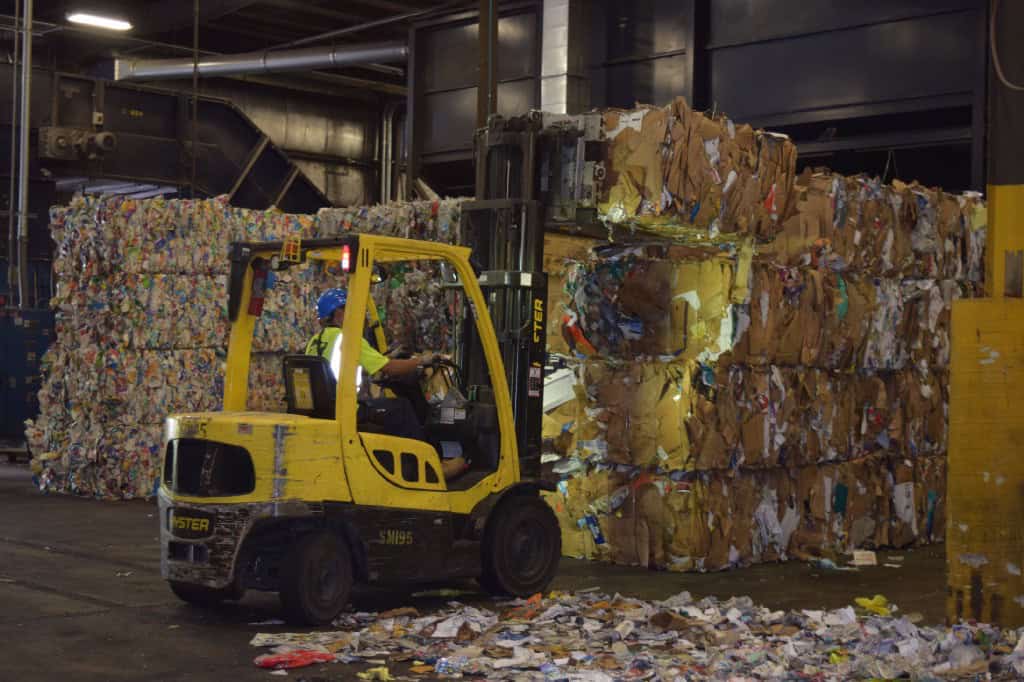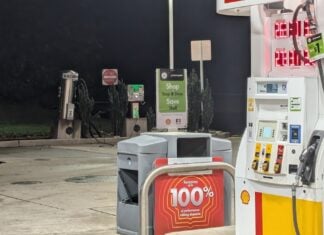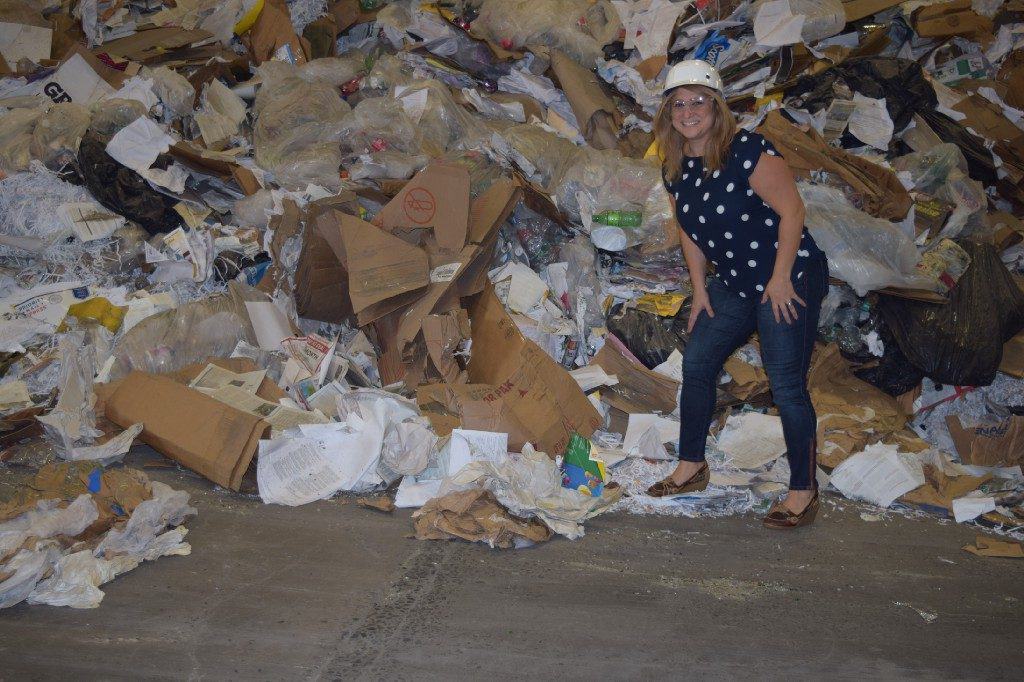
More than ¾ of Burlington County residents are recycling incorrectly.
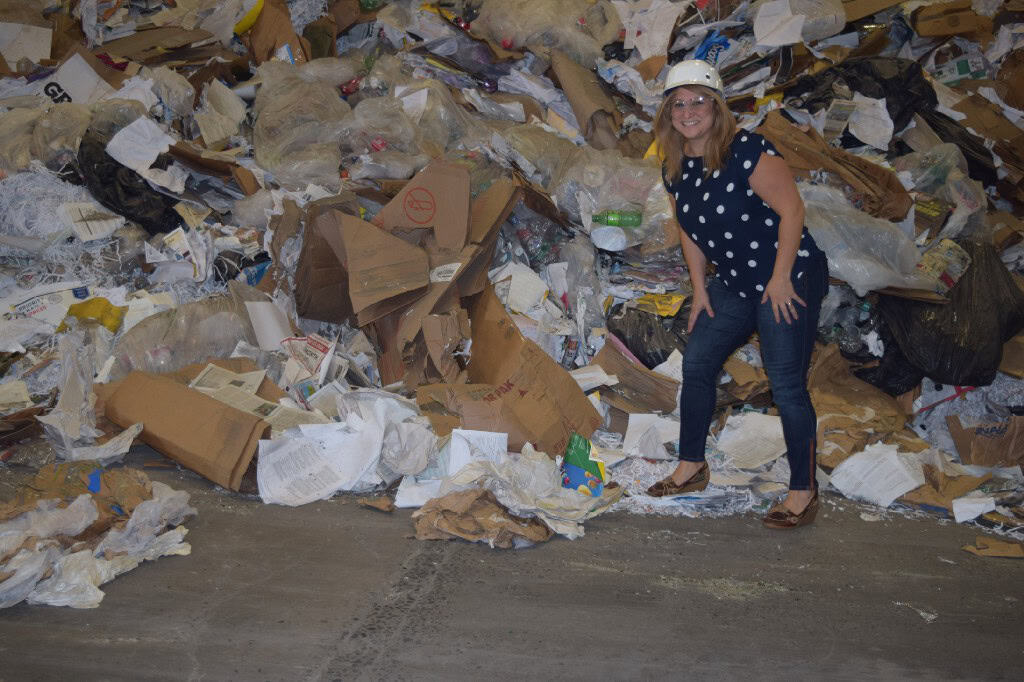
The problem facing the Burlington County Recycling Program is not participation. With approximately 96 percent of residents putting out their recyclables each week, Burlington County Freeholder Director Kate Gibbs said there is no shortage of residents who are eager to recycle. The problem is that more than three-quarters of residents are recycling incorrectly.
“Almost every person is recycling and we need to make sure they’re doing it right,” Gibbs said.
Gibbs said the county’s shift to a single-stream recycling system in 2015 encouraged people to separate their recyclable and disposal materials, but as recycling mills continue to require lower contamination rates, the cost to sort and clean materials is rising. In 2018, it will cost Burlington County an additional $3 million to run its recycling program.
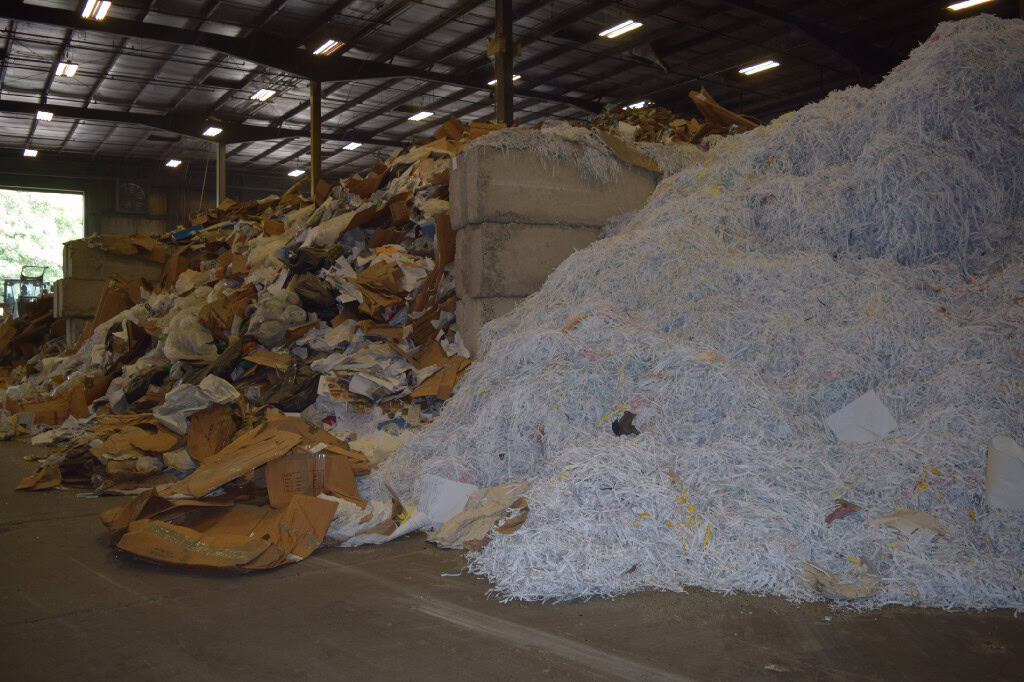
Previously, China, which consumes about half the world’s recycled paper and plastic, accepted materials with between 5 and 10 percent contamination. Within the last year, China announced it would no longer accept shipments with more than .5 percent contamination. If a container is rejected by China, it costs more than $100,000 to ship it back to the United States.
“This is a standard that no scrap industry anywhere has ever done this before at all,” said Wayne DeFeo, principal and founder of DeFeo Associates, an environmental consulting firm utilized by Burlington County.
The Burlington County Recycling Program sorts 350,000 pounds of paper, bottles, cans and cardboard into recyclable commodities each day. All 40 municipalities in Burlington County participate in the program at no cost to residents. Recently, however, the Robert C. Shinn, Jr. Recycling Center, located in Westampton, has seen an increase in plastic bags, needles, batteries, pizza boxes and other materials that contaminate the stream.
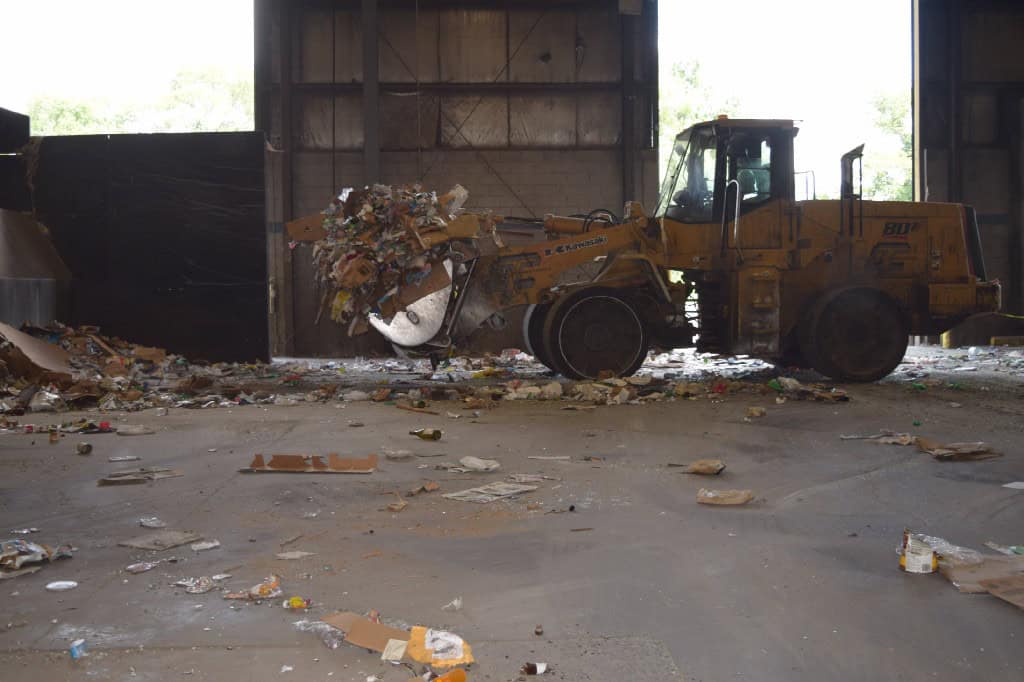
DeFeo said the problem stems from several factors. He said packaging materials have changed drastically in the last 20 years. Coffee tins that were once made of steel are now made of fiber and paper that cannot be recycled.
He said consumers are also inundated with inaccurate messaging. While many plastic bags bare a recycling symbol, in fact, plastic bags are not recyclable within the county’s program and can even jam up and cause damage to their machines. Additionally, he said while paper is one of the most prominently recycled materials, any paper that is wet or touches food is considered contaminated and therefore can’t be recycled.
“Getting people to do the right thing is just not easy,” DeFeo said. “It’s just not because they get confusing messages.”
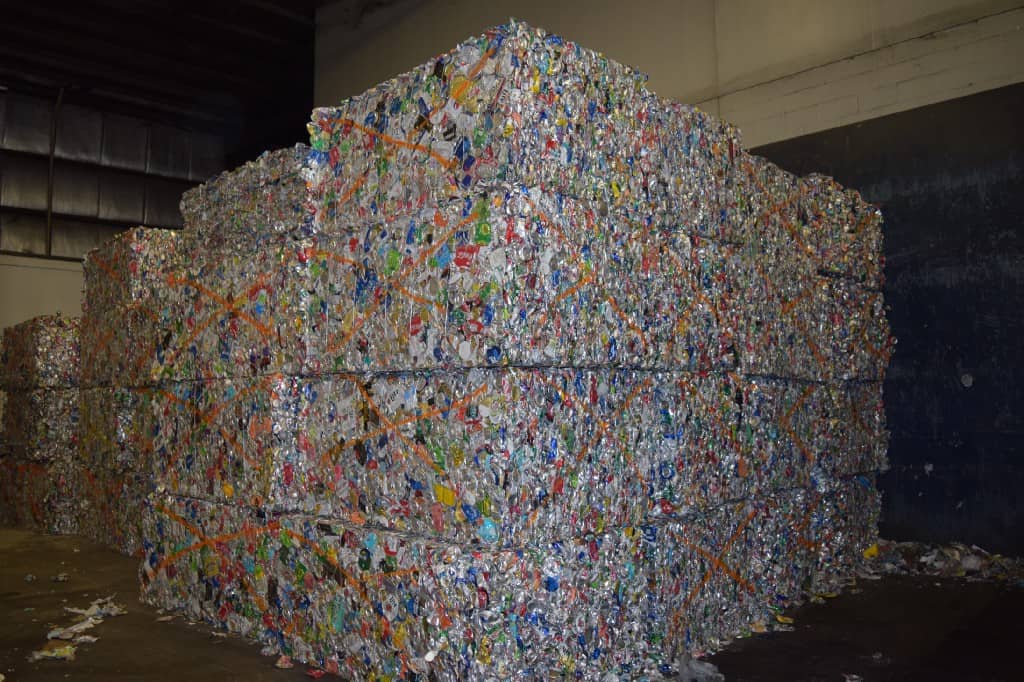
DeFeo said some recycling programs in the nation are charging towns and counties $175 a ton to process contaminated materials because of the additional sorting and cleaning costs. He said the simple fact is that when people put out contaminated recycling, it costs more to clean.
“When people put the wrong thing in the wrong bin, they’re throwing their money in that bin,” DeFeo said.
Ann Moore, the county’s recycling coordinator, said Burlington County had the first regional recycling program in the state and because the county controls all phases of collection and processing, it is in a better position to have clean materials. She said right now the focus is educating people about what materials are actually recyclable.
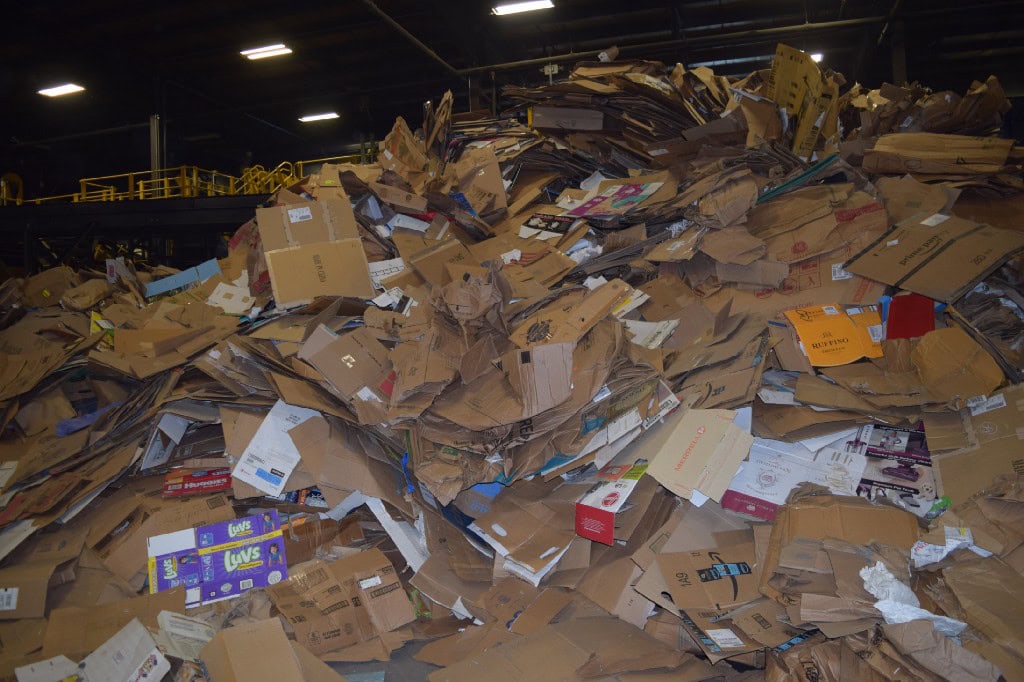
In 2016, the county launched the Recycle Coach app, which is free to residents and allows them to search and determine what items can be recycled. Today, the app has more than 13,000 users in Burlington County.
She said they also get the word out through print brochures distributed to residents twice a year and by running a Public Service Announcement this July. She said for the first time this summer, the county audited six towns with employees and interns going out to perform curbside checks on people’s recycling. She said they haven’t compiled all of their data yet, but residents with contaminated recycling had their pickups tagged not to be picked up.
Gibbs said she encourages residents to download the app and check if a material is recyclable before putting it into the stream. She said because of the challenges the market is facing, it’s more important now than ever that their materials are pure and uncontaminated.
DeFeo said there’s one simple rule residents can follow to avoid contamination.
“When in doubt, throw it out,” DeFeo said.
